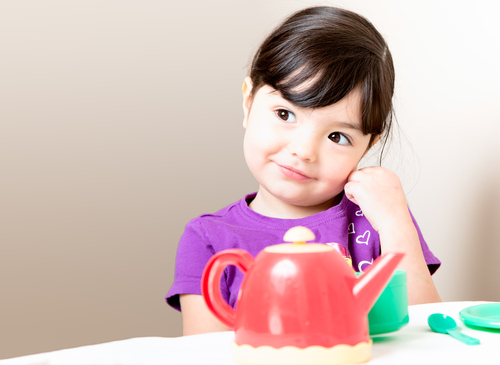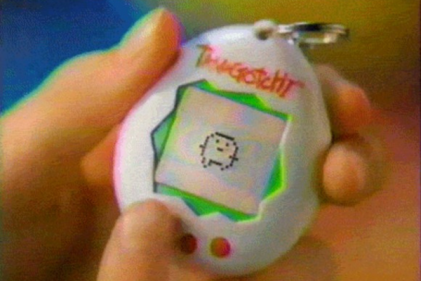 As most of us mums know, there is nothing like a nice cup of tea after a long day, in fact, some of us even like to share our cuppa with the kids.
As most of us mums know, there is nothing like a nice cup of tea after a long day, in fact, some of us even like to share our cuppa with the kids.
With this in mind, we asked our MummyPages mums what age they gave their children their first cup of tea and how they felt about giving youngsters caffeinated drinks in general.
We had a huge response and discovered that many children are, in fact, given tea, albeit very weak with plenty of milk or just to dunk their biscuits.
We found that, on average, kids were given their first taste by the time they were two years old, with one mum admitting to giving her sons “a milky brew” when they were eight months old.
As expected, the response was mixed with one mum saying: “my 2.5 son loves tea and toast when his sister is at school. I make it very milky with a drop of weak tea to warm it up....in his lion cup", However, there were plenty on the other side who felt that giving children tea was not a good idea: “Tannin in tea inhibits the absorption of iron in children... Thus leading to anaemia... So it's a big No No..”
It seems those mums who were themselves given tea from an early age, were inclined to give their own children tea. One respondent wrote: “I was reared on tea and it didn’t do me any harm... I gave both my girls tea from as soon as they took an interest in tasting mine....”
It’s not just tea that kids are given though - one mum admitted to allowing her daughter to drink coffee: “My little one loves coffee giving it to since she was 2 lol I think she likes [it] cause I had a lot during pregnancy with her doesn't have any effect on her.”
We asked our MummyPages Expert Dr Helen Cassidy, a nutritionist at Glenville, her expert opinion on giving children tea or caffeine in general. She says: “Unfortunately, caffeine is a drug and should be avoided by most of us, especially kids. Caffeine affects brain chemistry as it has a stimulatory effect on the brain, it triggers the release of adrenaline leading to a blood sugar surge, followed by a blood sugar drop with accompanying side effects. In addition, the most important long-term problem with caffeine is that it's addictive and has an effect on sleep. The half-life of caffeine in your body is about six hours, which means half the amount you consumed remains in your body after six hours.”
Dr Cassidy is aware that tea doesn’t contain as much caffeine as other drinks but says: “While tea doesn't tend to contain as much caffeine as strong coffee, it is particularly high in tannins, which can bind to minerals including iron and inhibit their absorption.”







